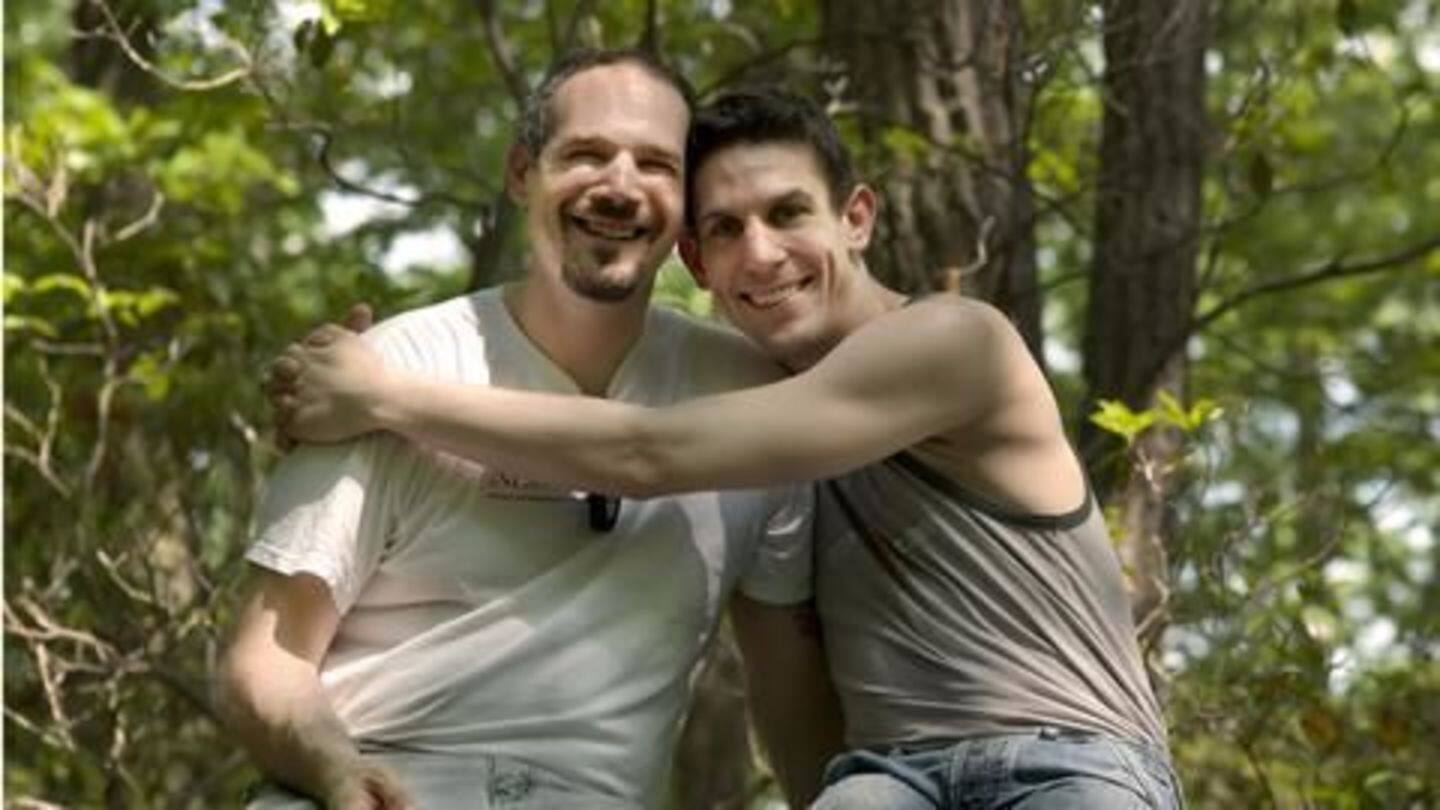
Taiwan becomes first Asian country to legalize gay marriage
What's the story
In a landmark judgement, judges from Taiwan's highest court ruled in favour of gay marriage, making the small island nation the first country in Asia to legalize same-sex marriage. The court gave the country's parliament two years to amend existing laws or create new ones to ensure equal treatment of individuals with respect to marriage laws.
Quote
The court's statement
The court ruling held that denying two persons of the same sex to marry had "no rational basis", and that "such different treatment is incompatible with the spirit and meaning of the right to equality" enshrined in Taiwan's constitution.
Background
Increasing persecution of gay people in Asia
The court ruling comes in the backdrop of increasing persecution of gay people in Asia, making the ruling all the more important. Recently, two gay men faced a public caning in Indonesia, while 27 men in Bangladesh were arrested on suspicion of being gay. Meanwhile, there are also reports of witch hunts being carried out against gay recruits in the South Korean Army.
Do you know?
Chia-Wei Chi, the face of gay rights activism in Taiwan
Chia-Wei Chi, the face of gay rights activism in Taiwan, had been appealing to the executive, legislative, and judiciary wings of the Taiwan government for marriage equality since 1975. He was even imprisoned in 1986 for filing a petition when Taiwan was under martial law.
Momentum
The perilous road to marriage equality in Taiwan
The momentum for marriage equality had been building in Taiwan since President Tsai Ing-wen came into power last year. An open supporter of marriage equality, her Democratic Progressive Party (DPP) passed the first draft of a bill to legalize same-sex marriage in December 2016. However, the move was met with severe criticism and saw fierce backlash from religious and right-wing family groups.
Legal reform
The road to legal reform
The bill to legalize gay marriage, introduced by the DPP in Taiwan's parliament, the Legislative Yuan, has faced significant resistance and opposition from traditionalists, thus slowing down its progress. However, in the event of the parliament failing to legalize gay marriage within the two year deadline, same-sex couples will still be able to marry based on the court ruling.
Quote
42 years of struggle leads to fruition
"I am very happy about this result. I have been waiting for justice for 42 years. At last the government will be able to modify the law within two years, or sooner if the Democratic Progressive Party pushes harder," said Chia-Wei Chi on the ruling.
India & Gay Rights
India has a long way to go
India still remains under the clutches of the draconian Section 377 of the IPC which criminalizes gay sex. In 2009, though the Delhi High Court ruled the provision unconstitutional, the ruling was overruled by the Supreme Court. In 2015, a bill to decriminalize Section 377 suffered a decisive defeat in Parliament. By the looks of it, India has a long way to go.